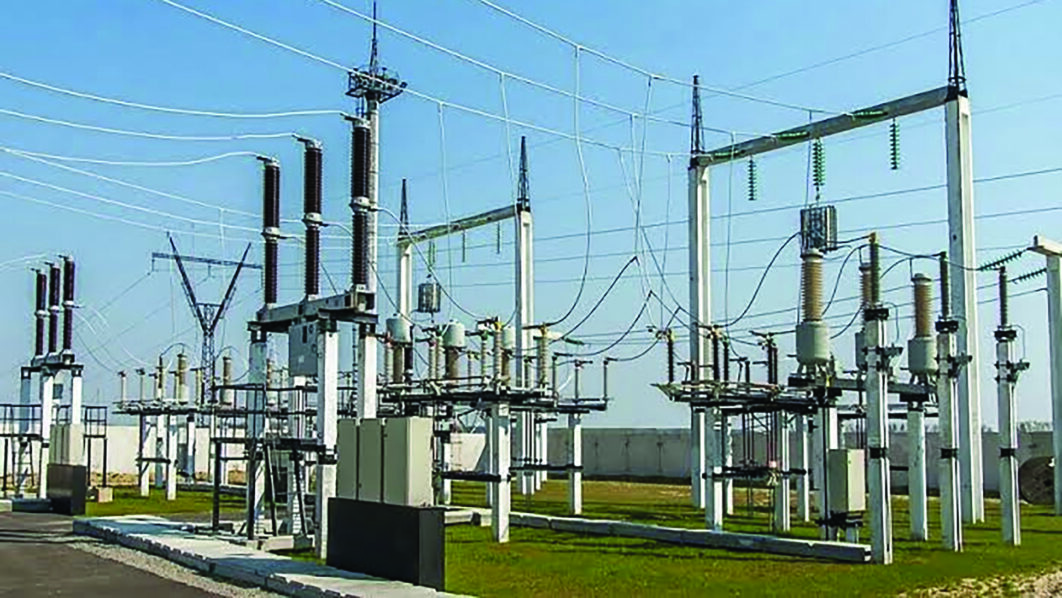
Nigeria’s wobbling electricity grid and epileptic power supply is pushing manufacturing companies to leverage improved gas supply and alternative energy to ramp up their production.
While the Manufacturers Association of Nigeria (MAN) said the sector’s output increased by 30.38 per cent year-on-year, reaching N5.34 trillion in the first half of 2024, the manufacturers spent about N238.3 billion on alternative energy to achieve the target.
Last year, Nigeria’s energy electricity, operated by the Transmission Company of Nigeria, collapsed over 12 times, throwing the country into darkness and worsening ease of doing business for investors.
Most business, primarily within Lagos, are moving to off-grid gas fired plants as grid reliability remains a concern amidst rising vandalism and collapse of the country’s electricity network.
Speaking on the development, Managing Director of Sagamu-based Tiget Business International Limited, Zheng Wei, disclosed that improved gas supply is easing the power challenge for manufacturers.
This comes amidst the foreign exchange crisis for import of raw materials and sporadic increase in energy cost, including diesel, electricity tariff and Premium Motor Spirit, which makes energy costs to constitute over 40 per cent of manufacturers’ operating expenses.
Wei, who noted that electricity supply from the grid is simply inadequate and unstable, decried the impact on production downtimes and overall productivity as well as output.
He noted that Tiget had sought alternative solutions and partnered with Clarke Energy to integrate a 6.6-megawatts Jenbacher gas power plant, sourcing gas from a supplier along the Lagos-Ibadan Expressway.
According to him, Clarke Energy conducted an assessment of its existing power infrastructure, delivered front end engineering designs (FEED), and supervised the installation of the gas power plant. The company also provides maintenance support for the plant.
“The gas plant is producing cleaner electricity and saving us significant operational costs compared to diesel. It has addressed efficiency issues, making our operations more sustainable,” Wei noted.
Managing Director of Clarke Energy for sub-Saharan Africa, Yiannis Tsantilas, emphasised the importance of resilient, cleaner and cost-effective energy solutions for manufacturers.
“Today, as the manufacturing sector switches to resilient, cleaner, and cost-effective power generation alternatives, it will witness sustainable productivity. However, this success will be determined by the functional excellence of the decision-making team,” Tsantilas said.
The manufacturers noted that the move led to improved accessibility to quality footwear in the local markets, reduced unemployment rate, and kept the company’s focus on deepening investments in the country.
Tiget currently imports polyvinyl chloride (PVC) – a primary feedstock for its footwear products – and aims to expand its footprint by driving backward integration and establishing offices and subsidiaries in key markets across Nigeria and Africa.
“We see Nigeria as the regional economic hub in Africa. It boasts a stable democracy and a vibrant, talented young population. Fashion plays a central role in Nigeria’s rich cultural identity, and we aim to innovate high-quality footwear that enhances and influences the country’s fashion industry,” Wei said.
He said the Nigerian market is robust, adding: “With a population of over 220 million people, it has a unique commerce and trade system compared to other countries. Its local market has vibrant business patronage.
The high fuel cost has affected logistics and the movement of goods and people. As a business, we cannot pass on the entire cost difference to our distributors and customers without risking competitiveness,” Wei submitted.
He advocated for setting up refineries to provide feedstock for plastic industries and ensuring a stable gas supply to help manufacturers navigate Nigeria’s power challenges. Such measures, he argues, would foster industrial growth and economic stability in the country.






